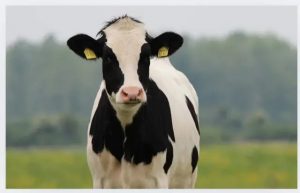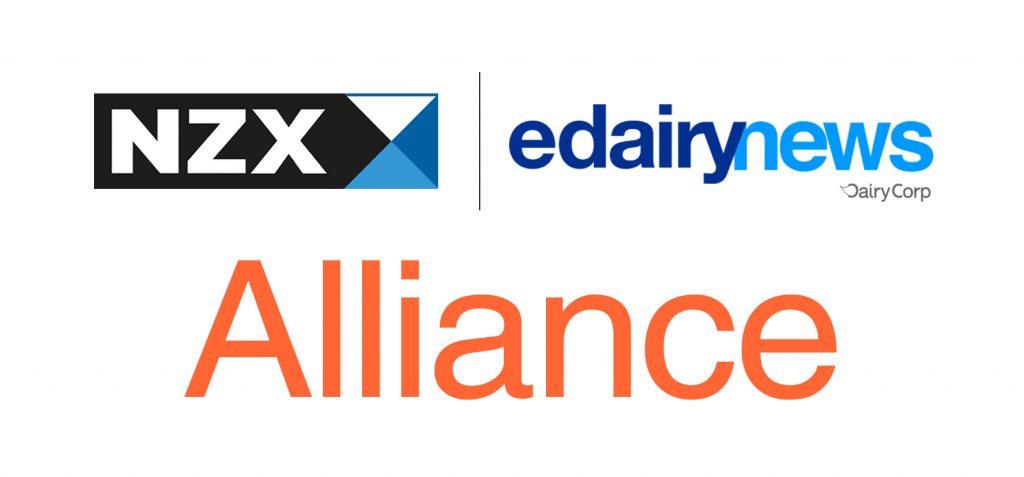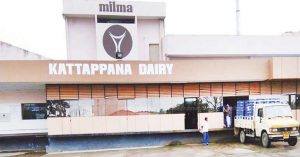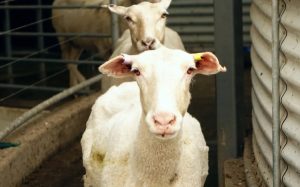Mahbubul Alam has been running a dairy farm for five years in Chattogram’s Chandanaish area. With gradual profits, he expanded his business; the farm now has 20 cows providing 200 litres of milk per day on an average.
However, the soaring animal feed prices amid unchanged milk prices in the market have now led the young entrepreneur to a survival fight.
“The feed prices are increasing at a time when we are struggling to make a recovery from the pandemic fallouts,” Mahbubul Alam told The Business Standard. “How can we survive when our production cost is higher than the milk price,” he raised a question, saying that he had now no alternative to shutting down the farm.
Mahbubul Alam is one of the thousands of cattle or dairy farmers in the country, who are now fighting to survive the soaring feed prices that went up by 30-40% in the past couple of months. They say they can sell milk at Tk55-60 per litre against Tk60-65 production cost.
Visiting the country’s largest wholesale commodities market Khatunganj in the port city Chattogram recently, a 50-kg sack of soybean meal was found selling Tk3,200, which was Tk2,400 just three months ago – a rise of 33%.
In January this year, a 35-kg sack of wheat husk was Tk1,200, which jumped by 41% to 1,700 in the last week of April.
Besides, prices of a 50-kg sack of rice polish surged by Tk300 to Tk1,500, 30-kg sack of lentil husk by Tk380 to Tk1,200, 60-kg sack of mustard meal by Tk600 to Tk2,900, 50-kg sack of maize husk by Tk530 to Tk1,850, 40-kg sack of mung powder by Tk380 to Tk1,820, and 50-kg sack of green pea husk by Tk120 to Tk900 over the period.
“Running a farm is very tough now as the feed prices have increased intolerably. Besides, medicine and labour costs have also been on the rise,” said Md Hanif, another Chattogram-based dairy farmer.
“Husks are now even costlier than main crops, which put farmers on a new struggle. It is badly hampering the pandemic recovery,” said Md Omar Babu, general-secretary of the Chattogram Dairy Farmers Association.
“The feed producing companies are deliberately increasing the prices,” he said, adding that if the situation continued, the number of dairy farms in the country would drastically fall.
Talking to The Business Standard, traders and manufacturers said volatile domestic and global markets for crops amid the ease of pandemic, interruption in the global supply chain with the Russia-Ukraine war, soaring freight costs, and increase in dollar prices against taka were the reasons behind the feed price hikes.
“Animal feed prices are increasing every month as there is a shortage in supply of such items,” said Mozammel Haque, proprietor of Jaynab Traders at Khatunganj. An interruption in import was one of the key reasons, he added.
Apart from the animal feed, prices of all the commodities in the market increased amid the ease of the pandemic, the trader said, adding that many item prices even doubled.
“All the animal feed in the international market increased substantially over the past few months. If we consider year-on-year data, many item prices doubled or tripled. Besides, prices of veterinary medicine increased by Tk20-100%,” said Md Shahjalal, senior manager of Agrotech Poultry and Animal Feed.
The volatile global market increased the ultimate local market, he told TBS, adding that paddy, wheat and pulse production costs and their domestic prices also increased, which was another reason.
Besides, import costs with increased freight charges, global supply chain interruption amid the Russia-Ukraine war, and dollar rates were ultimately increasing the feed prices, the feed producer said.
















